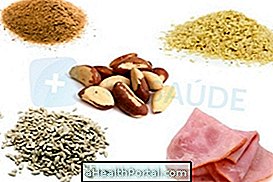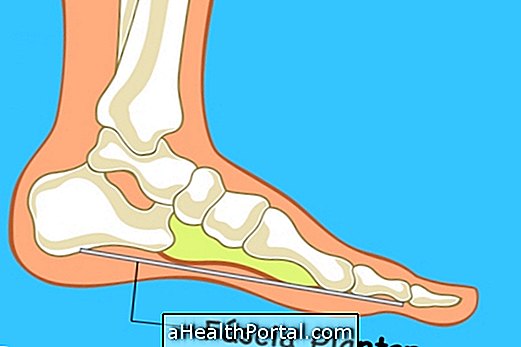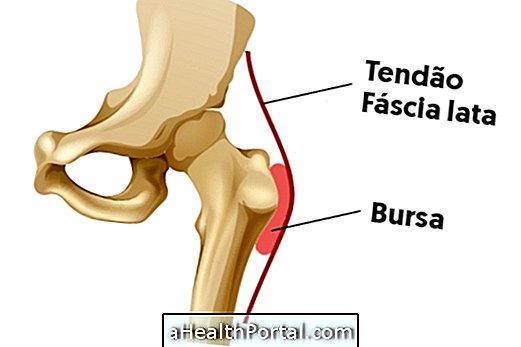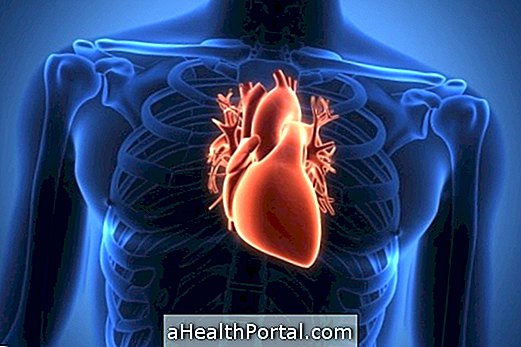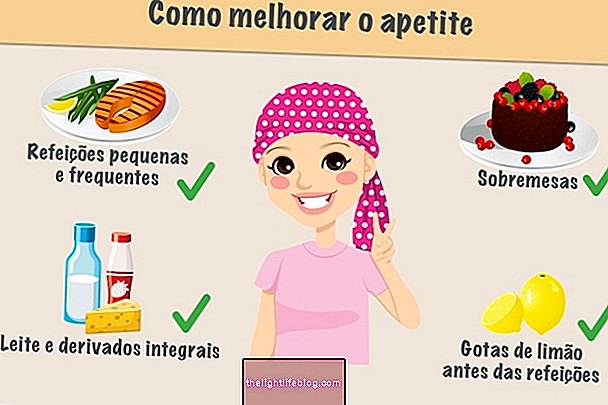In food intolerance the body does not have enzymes necessary for the correct digestion of food and therefore has difficulties in the digestion of food and symptoms such as diarrhea, for example.
Foods that most cause food intolerance are mainly milk and wheat flour, as are all foods that are made with these ingredients like cakes, cookies, crackers or bread, for example.
Symptoms of food intolerance
The symptoms of food intolerance are usually abdominal pain, gas and diarrhea. These symptoms usually appear 2 to 3 hours after ingestion of food that the individual can not properly digest. The more the amount of food eaten, the stronger the symptoms. Learn more about symptoms and diagnosis in: Symptoms of food intolerance.
Does food intolerance have a cure?
There is no specific treatment to cure food intolerance, but some patients can achieve healing when they exclude, for at least 3 months, the food to which they are intolerant. In these cases, when the individual re-introduces the food into the diet may be able to digest it better, without the symptoms of food intolerance.
However, this strategy must be guided by a nutritionist or nutrologist, as it only results in some cases, according to the cause of food intolerance. In cases where this strategy does not work, the individual has to completely exclude from the diet, throughout the life the food to which he is intolerant or to take enzymes that are able to digest this food.
Food intolerance test
The food intolerance test can be requested by the allergist doctor and can be done through a blood test to the individual, where the body's response is observed when certain foods are ingested. There are laboratories that can verify food intolerance in more than 200 types of food, which is very useful for diagnosis and treatment.
Treatment for food intolerance
Treatment for food intolerance consists of withdrawing from food all foods that are not properly digested by the individual.
Therefore, individuals who have food intolerance to the egg, for example, can not eat fried egg, boiled egg, or anything that has been prepared with the egg, such as cakes, biscuits and pies, which can make food difficult, so it is important that the doctor or nutritionist indicates what substitutions the individual should make to ensure that your body receives all the necessary nutrients and thus to avoid nutritional deficiencies.
In addition, in some cases it may be possible for the patient to ingest drugs with enzymes that help digest the foods to which they are intolerant.
See too:
Difference between allergy and food intolerance
How to know if it is food intolerance

